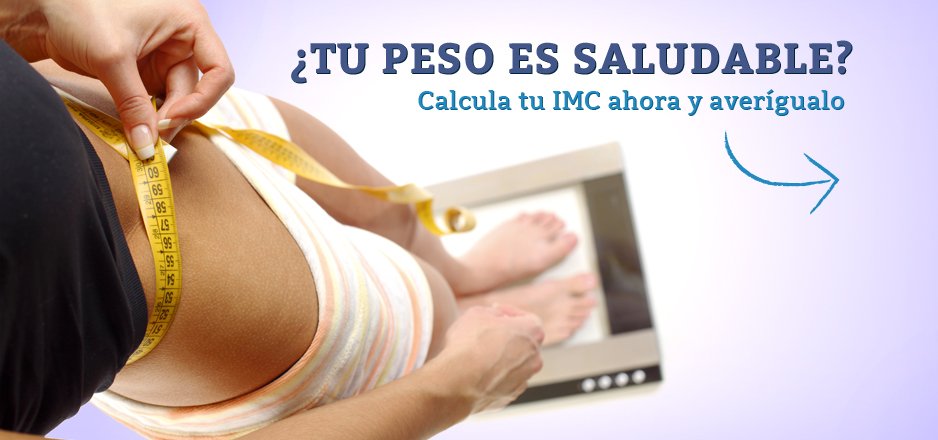
6 propósitos saludables para empezar el año
31 Dec 2014Cada Año Nuevo muchas personas hacen una lista de buenos propósitos entre los que se encuentran ir al gimnasio, comer más saludable, etc.
Unas veces se cumplen y otras no. Por eso os queremos dar unos sencillos consejos para comenzar este año 2015 con 6 sencillos propósitos saludables:
- Hacer más ejercicio. Es un clásico, pero también es la mejor fórmula para controlar los kilos de más y sentirnos más vitales y enérgicos. No es necesario apuntarse a un gimnasio y darlo todo desde el minuto 0. Si no estás habituado a hacer ejercicio, puedes empezar caminando 30 minutos al día a paso ligero e ir incrementando el tiempo o la velocidad poco a poco.
- Comer 5 raciones de frutas y hortalizas al día. Parece mucho, pero en realidad no lo és. Es tan sencillo como introducir una pieza de fruta o un zumo natural en el desayuno. También en los postres de la comida y la cena, a media mañana o en la merienda. Y las verduras pueden consumirse salteadas durante la comida o la cena, también en puré o una ensalada, harán que sea mucho más variado.
- No picar entre horas. Otro clásico, pero muy necesario. Es mejor marcarse un próposito de hacer 5 comidas diarias. Así comerás menos cantidad cada vez pero más a menudo y no tendrás esa sensación continua de hambre y evitarás el picoteo.
- Bebe mucha agua. El agua ayuda a limpiar nuestro organismo, es la mejor bebida para el organismo. Al contrario de lo que se piensa beber mucha agua no hace que retengamos líquidos, sino al contrario. El cuerpo es inteligente, si ve que hay un flujo constante de consumo de líquidos no retendrá tanto.
- Consumir menos sal. La sal en cantidades adecuadas no es dañina, pero cuanta menos sal consumes mejor es para la salud. La sal hace subir la tensión y provoca retención de líquidos.
- Calcula tu IMC. Conocer tu estado de salud te ayudará a decidir cuál es el mejor plan para ti. El índice de masa corporal te ayudará tener una orientación de cuáles deben ser los pasos a seguir para conseguir tus objetivos en 2015.
Te animamos a seguir estos 5 propósitos saludables para este 2015.
¡Feliz 2015!





 Músculo
Músculo
 Óseo
Óseo
 Grasa
Grasa
 Caloría
Caloría
 Índice Masa Corporal
Índice Masa Corporal
 Agua
Agua
 Cálculo
Cálculo


